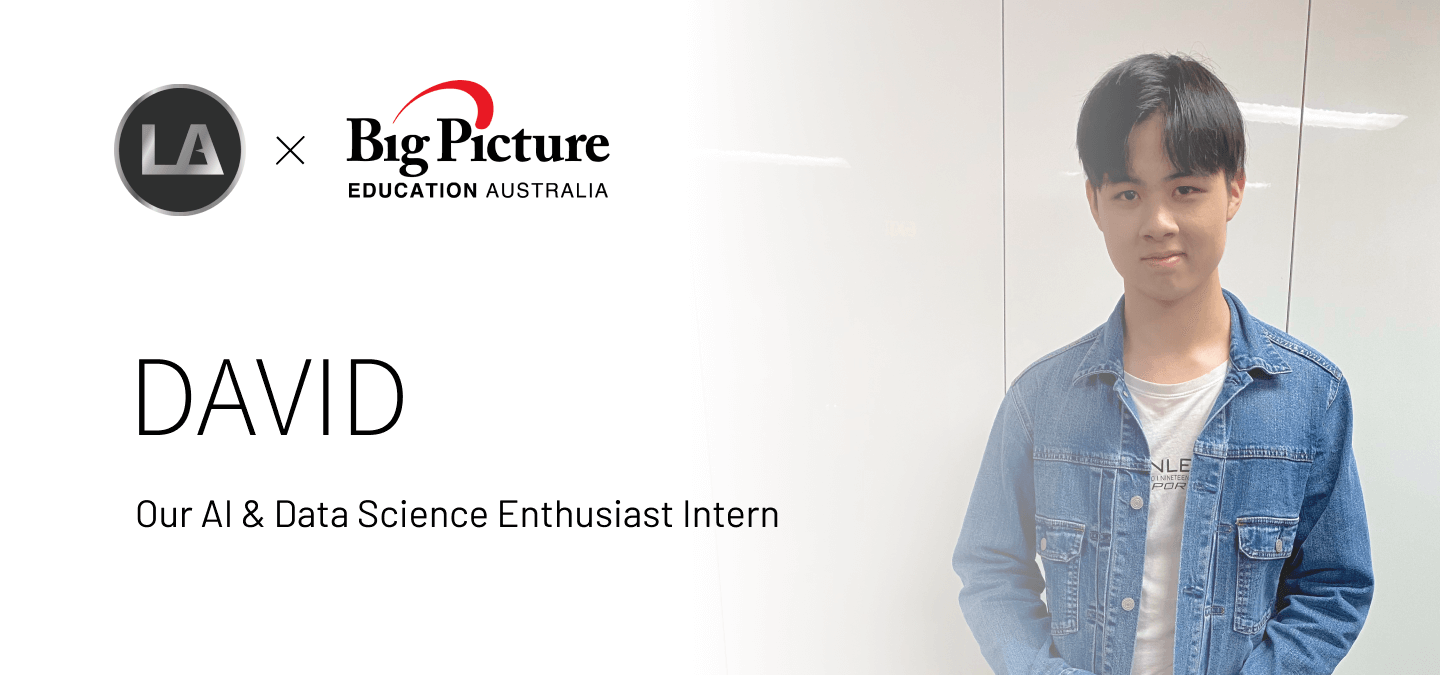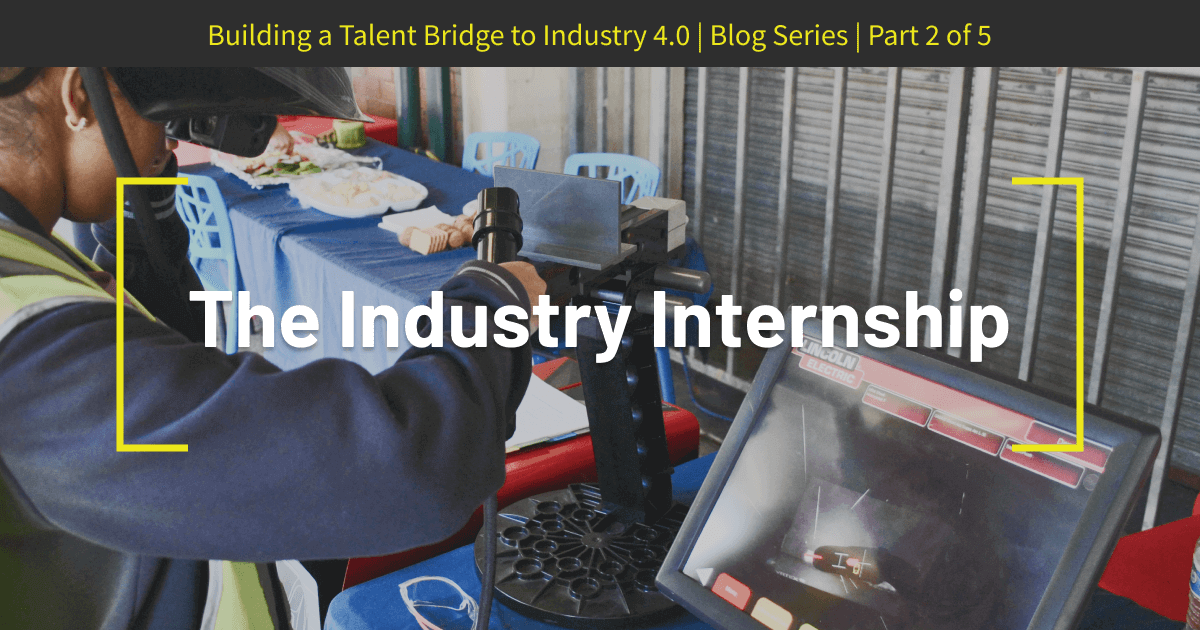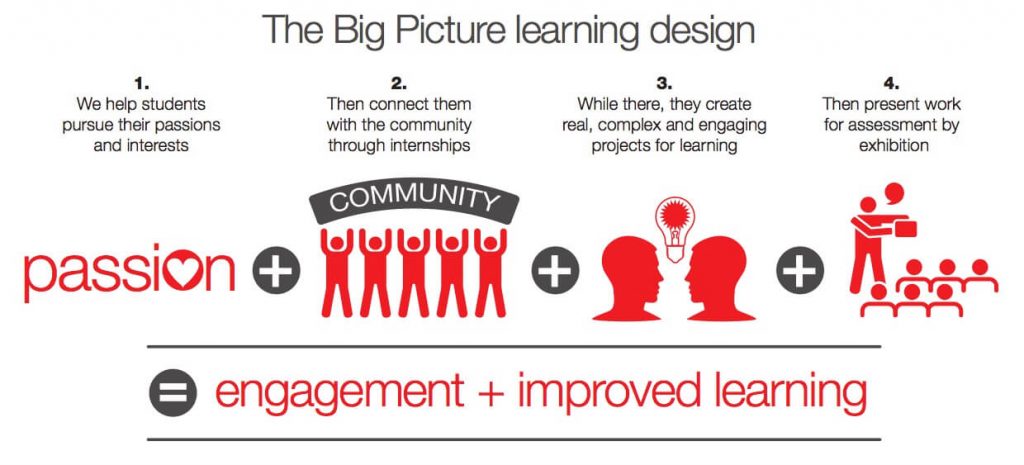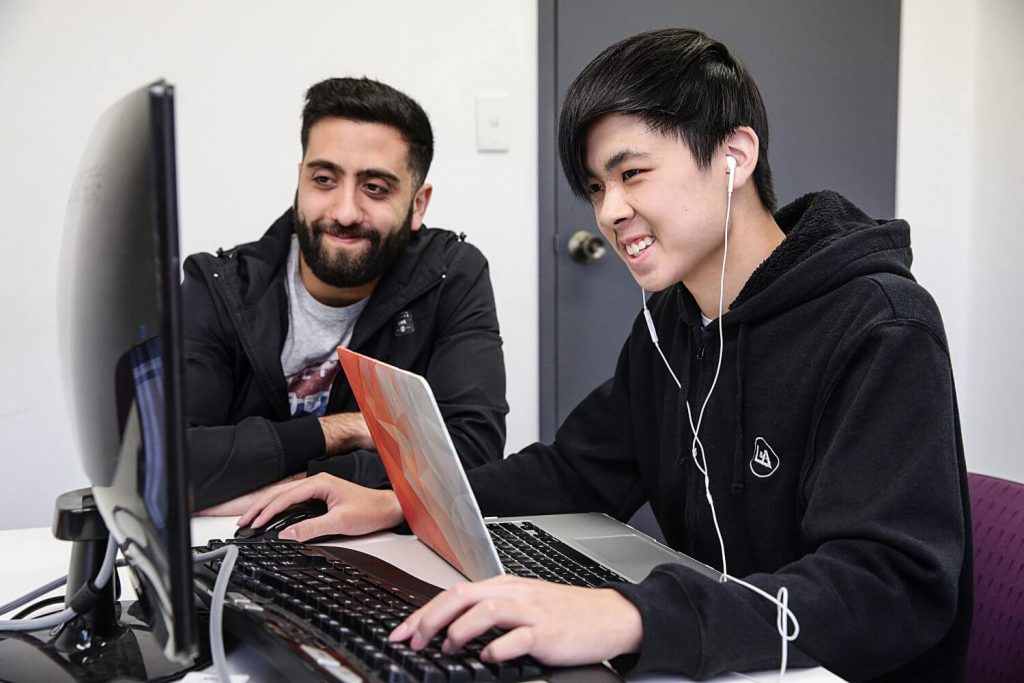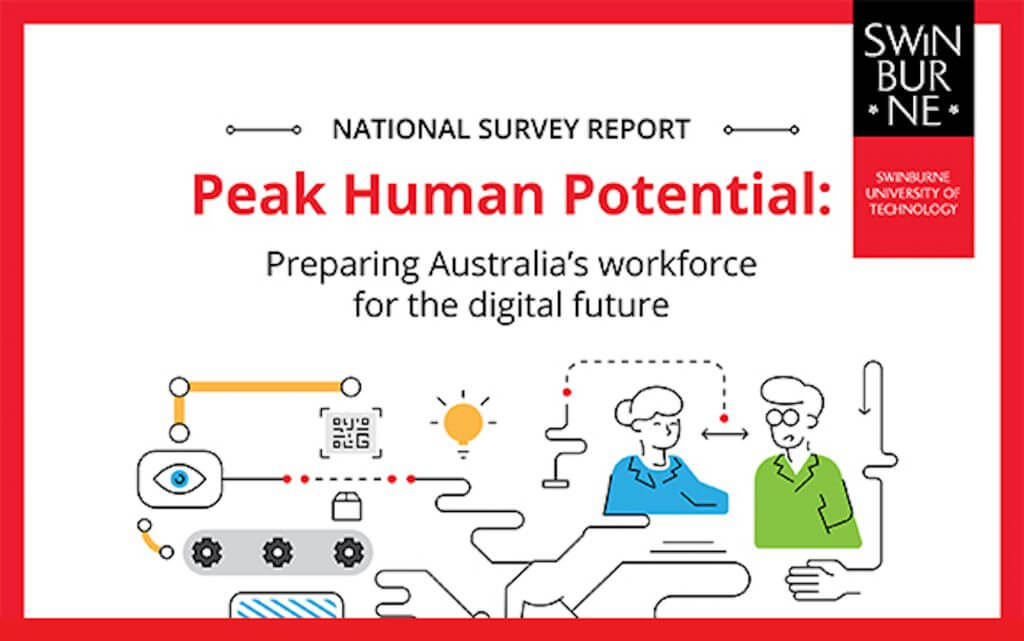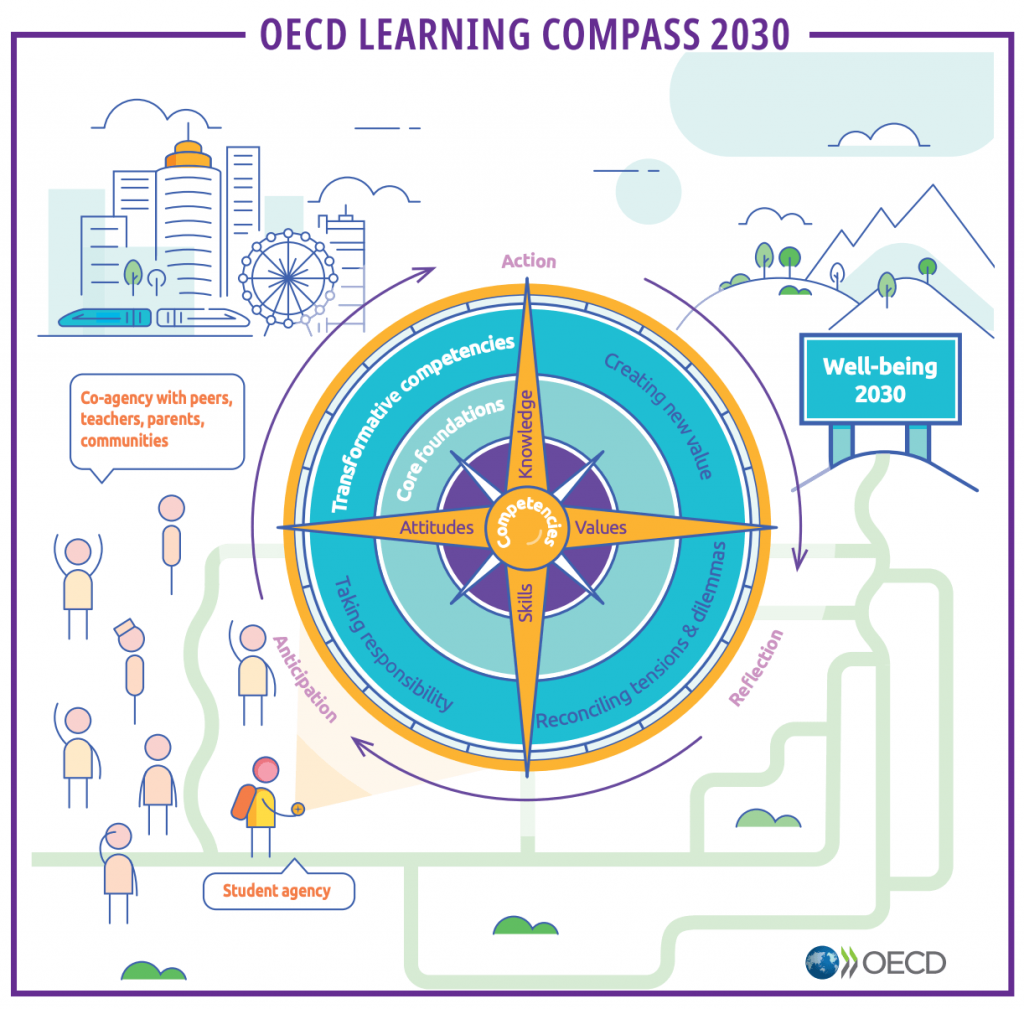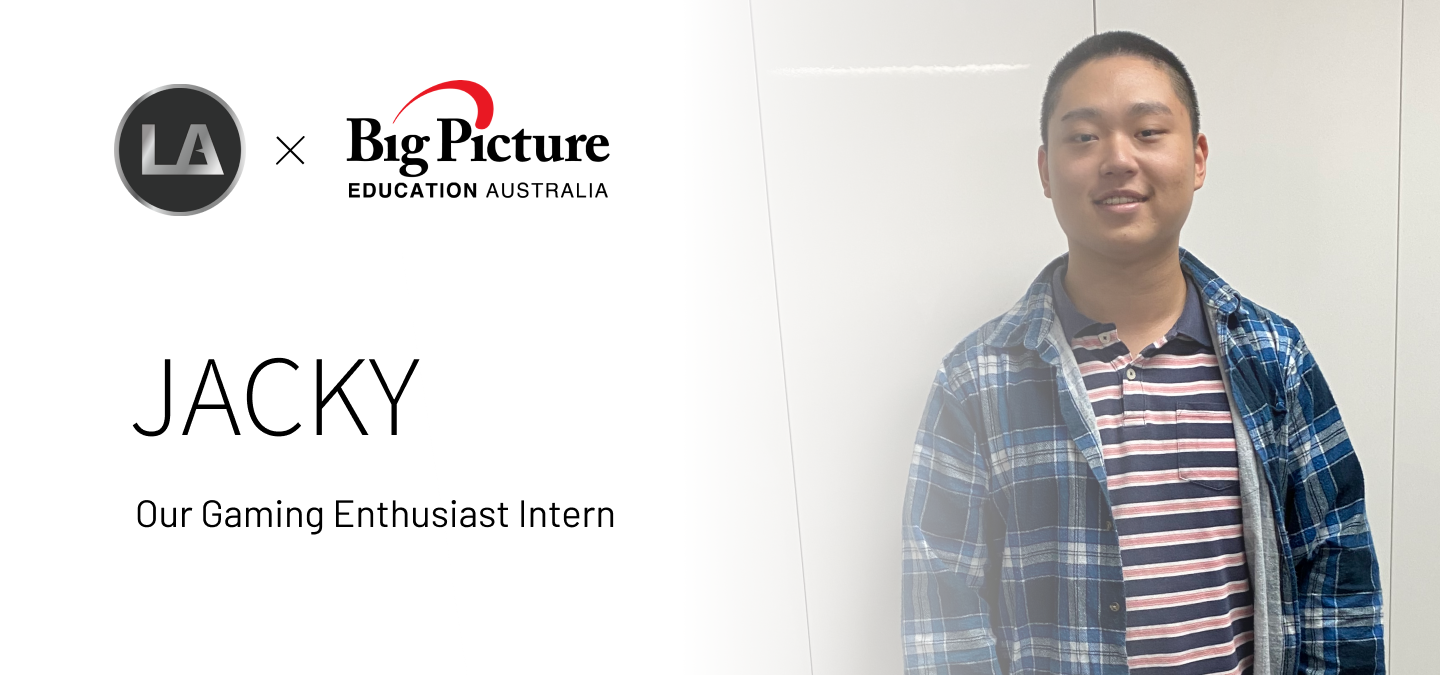David was one the first students we undertook as part of the Big Picture program here at LA Services. During his time here he worked with a number of our staff members who helped him engage in various activities such as our Sigma project, as well as learning new skills like effective communication, writing and advanced forms of mathematics. David even took the skills he learned during his internship and applied them to his own schoolwork.
On completing his 2.5 year long internship, David received an offer from UTS for a full scholarship, making the Big Picture program beneficial to him, both in the short and long term.
Overview
David was one of the first students to join the Big Picture Program at LA Services after he was recommended by his principal at Liverpool Boys High School. David had preconceived notions about what a manufacturing company is and what they do, which he felt didn’t align with his interests. However, upon viewing the technologies used by LA Services, David took an interest in the company and became involved in the Sigma project. Through engaging with this project, he learnt about the hardware and the operational side of the business. Working on these projects allowed David to interact with people from different industries as well as teaching him effective communication skills.
However, it also made him realise that he had previously lacked the research and literature skills to properly succeed in a technological field, something which his time at LA Services helped to remedy. This led to time spent with data scientist and former UTS student Ming Zhao, who further helped in progressing his skills with coding. Through his time at LA Services, David seemed to have worked better than he would have at school. This could be attributed to the more mature environment with strictly adult workers guiding him through the workplace. He also believes that the long-term internship was a necessity in his most formative stages of life when he started to seriously consider his future in the technological field. Ultimately David largely benefited from his time at LA Services, not only because of the skills he learned, but also later receiving an offer from UTS to join their university as a research assistant with a full scholarship.
Image : David presenting his project work to the LA Services team.
Add Your Heading Text Here
The core project that was worked on while David was spending his time at LA Services was the Sigma project. At first he was mentored by General Manager David Fox, who delved into real life skills that are needed in any company by going through problem solving and effective communication skills, then later going through the basics of thesis writing and academic research. This project tested David’s skills mainly in problem solving, often utilising ancillary skills such as writing and visualising through the use of diagrams and whiteboard brainstorming. This allowed for more freedom and creativity as it let David and his mentors to express themselves and their ideas without being shackled down by any rules or formalities. This also paved the way for David to network and interact with people who were in the technological and engineering field, giving him more of an insight into the industry.
Image : With the General Manager David Fox, brainstorming mathematics problems
Workplace Learning and How it Differs from School
David ultimately preferred the work environment at LA Services as opposed to a regular school education environment. This was due to him being able to work with professionals in an environment which was more focused on the individual student and being able to specialise work to cater to his interests. At first, he worked with software engineer Kirk on coding which helped with supplementing small-scale projects, however, after some time someone with more experience was required to help teach David in his passion for programming. Eventually, Ming was bought on to help David with data and programming. Ming took a more tactical approach towards mentoring, providing David with weekly tasks to keep him engaged and effectively track his progress. David was later able to take these skills learned from Ming and apply them to his own classes at school. He went on to do extension maths II in year 11 and 12, despite not doing maths since year 9, a decision that can be attributed to his experience at LA Services.

